In China the term “troublemaking” is associated with “psychosis”, victims are patients who should be treated through Electroconvulsive Therapy
The term “肇事肇祸” (zhào shì zhào huò, troublemaking) in China is often associated with incidents or accidents caused by individuals, and it can be linked to discussions about mental health issues, particularly psychosis. In the context of mental health, this term may be used to describe situations where individuals with severe psychiatric disorders might be involved in incidents due to their condition.
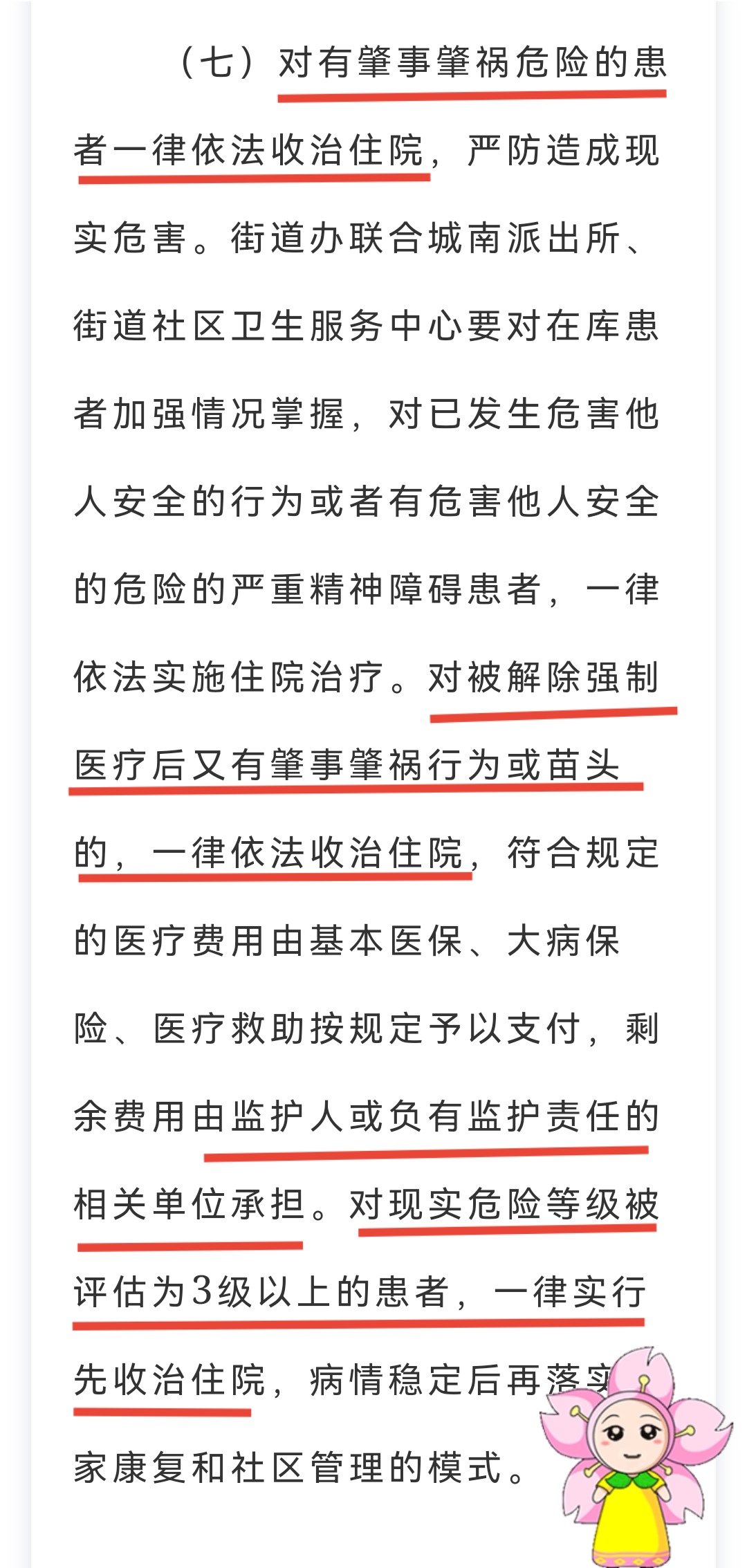
It’s easier to get into than out of an Ankang ( China’s Public Security Bureau Affiliated Mental Hospital )
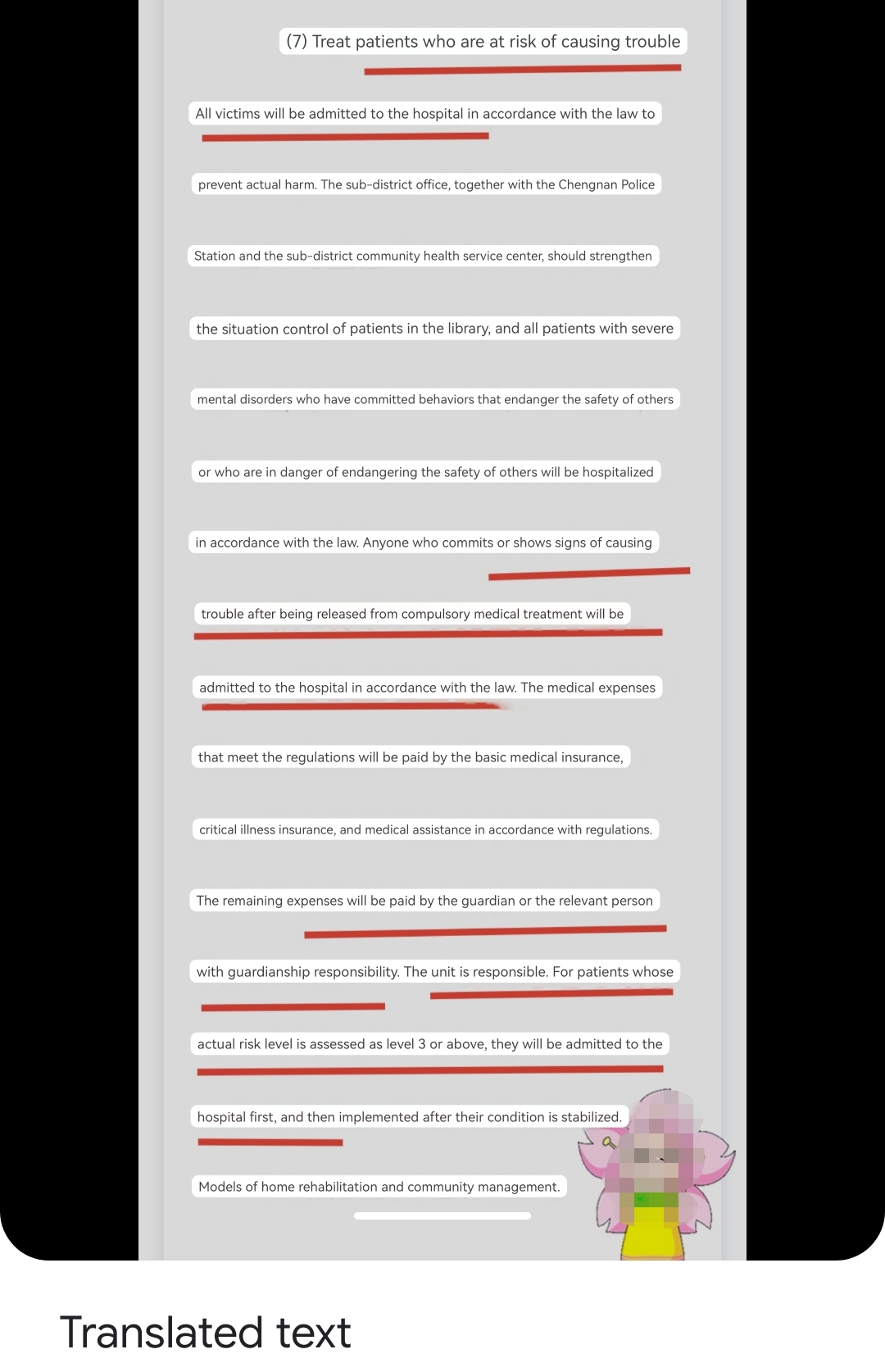
Documenting the widespread political abuse of psychiatry in China including disappearances, forced medication, electro-convulsive therapy, and repeated incarceration, Safeguard Defenders traced the fate of 99 people, between 2015–2021, a small fraction of the total, in the system of “Ankang” asylums, euphemistically known as “peace and health” facilities, run by the Ministry of Public Health for the “criminally insane.” It’s easier to get into than out of an Ankang.
In China, the concept of “troublemaking” is subjective, it can be associated with actions that challenge or disrupt public order or stability
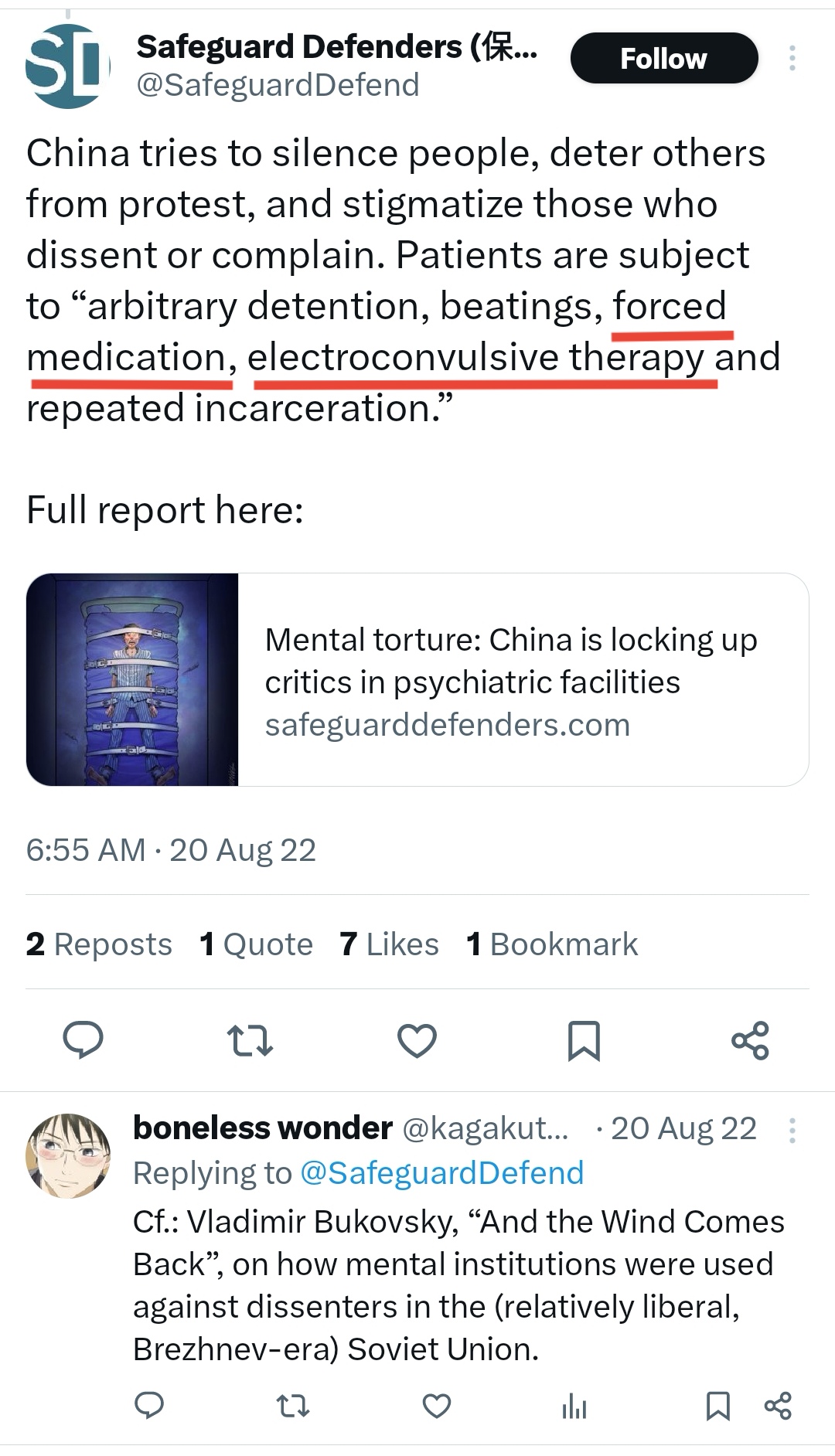
In China, the term “troublemaking” is not officially defined in a legal context to classify people. However, it can be associated with actions that challenge or disrupt public order or stability. This could include a range of activities from peaceful protests to more disruptive actions. The Chinese government has a history of addressing such actions through a combination of legal, administrative, and sometimes educational measures.
It’s important to note that the concept of “troublemaking” is subjective and can vary based on the specific context and the interpretation of the authorities. The government’s response to what it perceives as “troublemaking” can also be influenced by the broader political and social climate at the time.
One of the “most frightening and stigmatizing” of Xi’s gagging measures, “where victims are trapped in a nightmare; without a court-issued sentence or judicial procedure with deadlines, they have no idea when it will end.”
Sign up for more LGBTQ+ news and updates at TrueQueer
Follow us on Facebook
Please support the author directly via buymeacoffee
Serbia isn’t bad at LGBTQ+ protection, legal same-sex activity is safeguarded
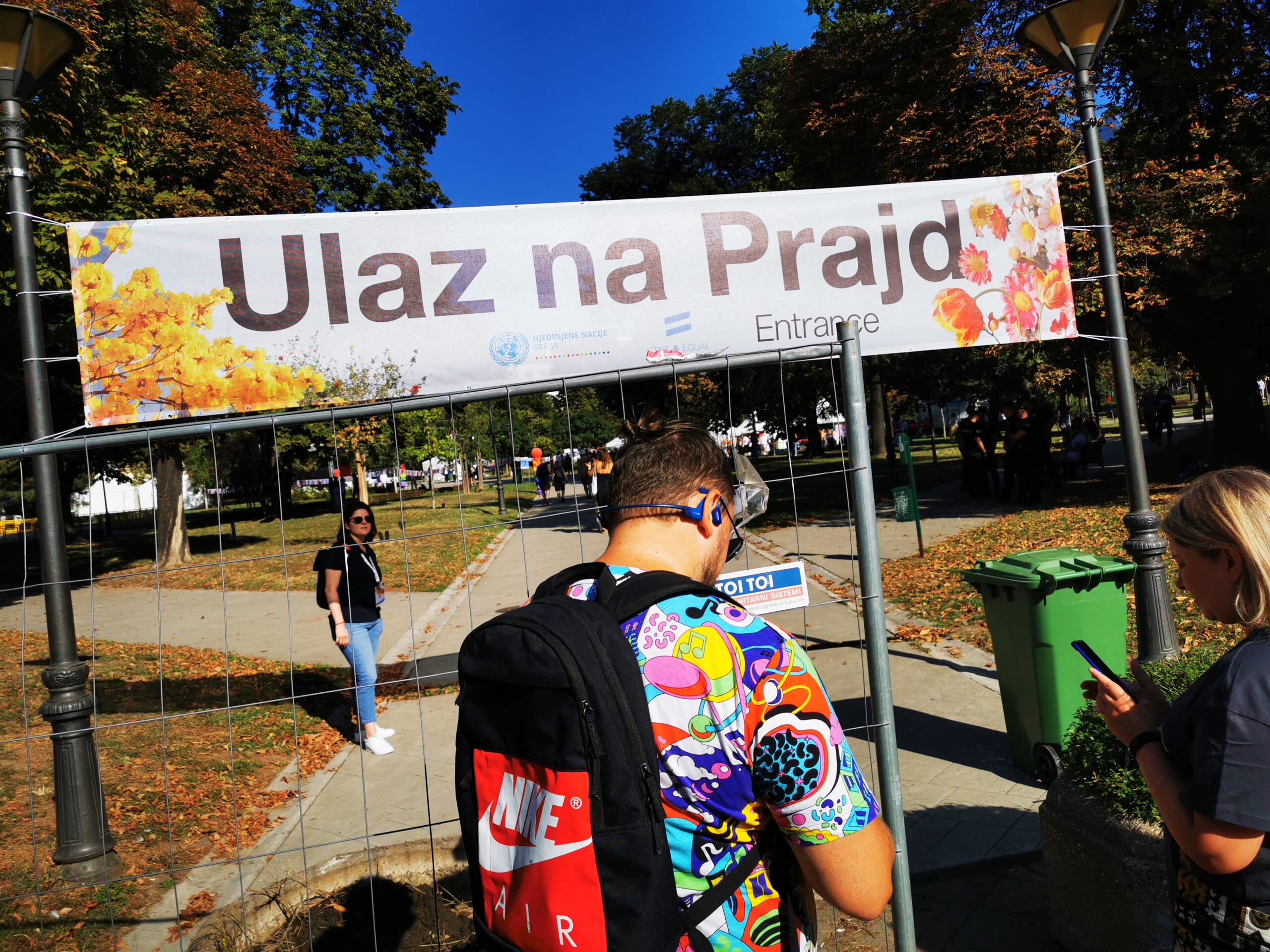
Compared to Nordic countries and the UK, Serbia may not have detailed laws specifically protecting the LGBTQ+ community. However, Serbia has enacted anti-discrimination laws that explicitly mention sexual orientation and gender identity. Furthermore, legal same-sex activity is safeguarded. Additionally, discrimination in employment, education, and housing is punishable by law.
Recent Ranking:
In 2021, the association ILGA-Europe ranked Serbia 23rd in terms of LGBT rights out of 49 observed European countries.
The LGBTQ+ community in Serbia has been active in advocating for their rights, with events like the annual Pride Parade. The 2023 Pride March was noted for its peaceful nature and increased security measures, contrasting with the tense atmosphere of previous years.
It is crucial to honestly present your asylum claims to NGOs or law firms in Serbia, which can assist in verifying the veracity of your story

During the asylum procedure in Serbia, asylum seekers could be entitled to legal assistance free of charge. However, this does not guarantee that law firms or organizations will accept every asylum seeker as a client. Many who expressed an intention to seek asylum assumed they would immediately receive legal support, but such expectations often led to disappointment. To increase the chances of receiving aid, it is crucial to honestly present your asylum claims to NGOs or law firms, which can assist in verifying the veracity of your story.
For those who need support or assistance while in Serbia, there are LGBTQ+ advocacy groups that can help. They are well-versed in the current situation and can provide up-to-date information.
One-third of mental health professionals in China still believed being gay was a mental disorder and that conversion therapy was effective
In China, LGBTQ+ organizations and groups face significant challenges due to the government’s broader crackdown on civil society and freedom of expression. Here are some key points regarding the suppression of LGBTQ+ groups in China:
Beijing LGBT Center shutters after 15 years, citing uncontrollable factors
Longarino said that a highlight of the Center’s recent work was its campaign to promote LGBT-affirming mental health care, which was pivotal given that one-third of mental health professionals in China still believed being gay was a mental disorder and that conversion therapy was effective, according to a survey the Center conducted with a scholar at the Chinese Academy of Social Sciences.
“Unavoidable” circumstances, indicative of the increasing pressure on LGBTQ+ advocacy groups in China
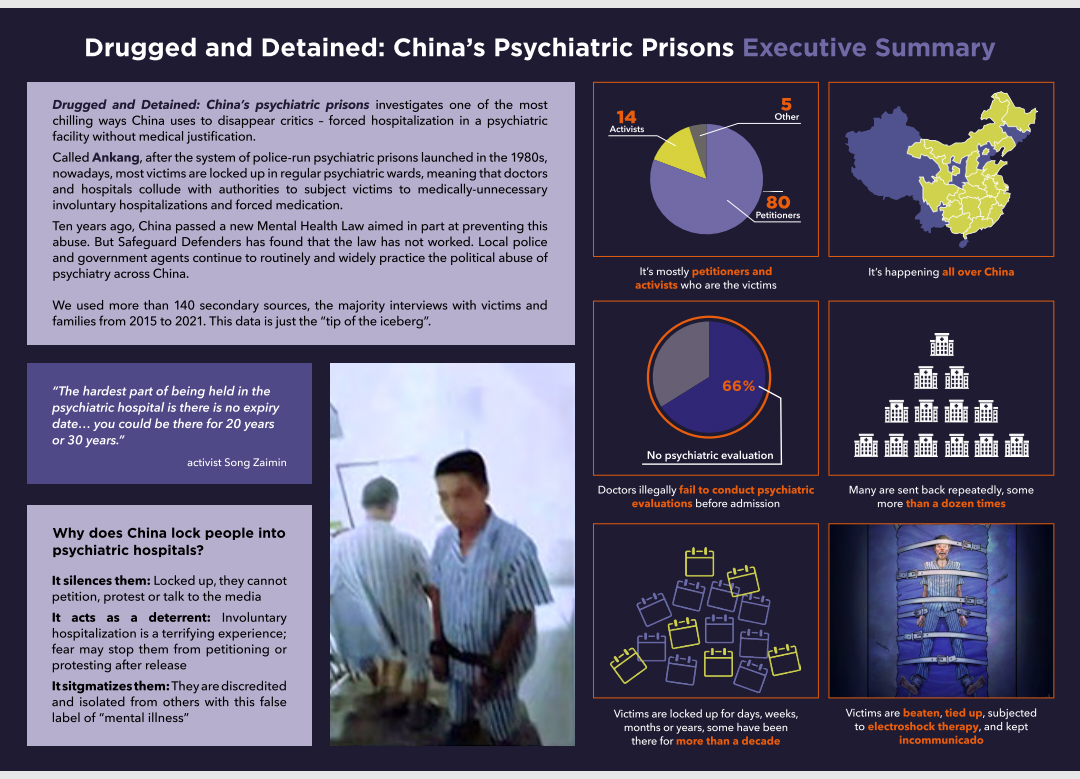
Systemic Persecution: Advocates for the LGBTQ+ community, particularly transgender and queer individuals, suffer systemic persecution. This includes arrests, forced confessions, and house arrests imposed by families with the backing of authorities.
Crackdown on Advocacy Groups: In May 2023, a well-known LGBTQ+ advocacy group in Beijing was forced to close due to “unavoidable” circumstances, indicative of the increasing pressure on such organizations.
The Chinese government hasn’t issued clear guidelines prohibiting conversion therapy and holding abusers accountable
Nov. 15, 2017, 12:56 PM EST Rights group urges China to ban abusive gay ‘conversion therapy’
Many victims of conversion therapy were forcibly brought to hospitals by their families, according to a report from Human Rights Watch.
According to the report’s findings, patients were verbally harassed by doctors, called “sick,” ″pervert,” and “dirty,” and some had to undergo “aversion therapy,” where patients were forced to take nausea-inducing medication. The Chinese government hasn’t issued clear guidelines prohibiting conversion therapy and holding abusers accountable.
The mere idea of electroshock is so abhorrent that most people simply can’t believe it’s still being used

Most people don’t believe that electroshock (electroconvulsive therapy or ECT) is still being used in modern society. This is probably because the mere idea of electroshock is so abhorrent that most people simply can’t believe it’s still being used.
ECT was first used in 1938 when an Italian psychiatrist, Ugo Cerletti, observed pigs in a Rome slaughterhouse being anesthetized with electroshock before being butchered. His first human patient begged Cerletti, “Non una seconda! Mortifierel” (“Not another one! It will kill me!”).
Conversion therapy is also a profitable business; doctors and clinics can charge up to 30,000 yuan ($4,500) for “treatment”
Today, even well-intentioned recruits are forced to perform brutal treatments on helpless patients during their training. This forces them to begin treating patients on the basis of someone’s opinion and vague theories rather than on scientific fact.
China’s Gay Shock Therapy – video
Conversion therapy is also a profitable business; doctors and clinics can charge up to 30,000 yuan ($4,500) for “treatment,” said Boris Dittrich, advocacy director of the Human Rights Watch LGBT Rights Program.
The muscle relaxant makes it appear less barbaric than earlier electroshock—but it is not
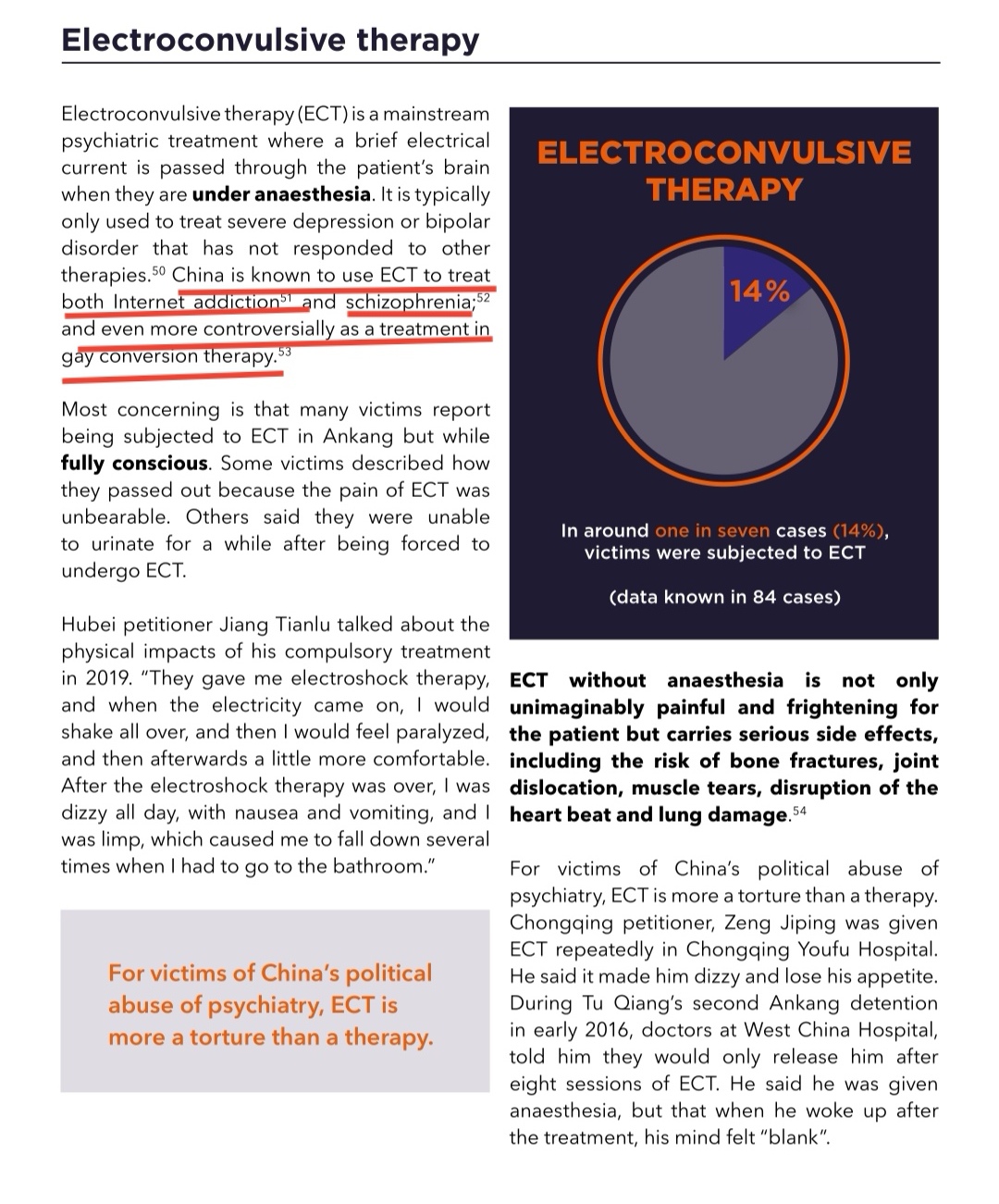
The only reason patients don’t regularly break bones with modern ECT is due to the administration of a muscle relaxant prior to the procedure. The voltage given in today’s ECT is higher than when patients suffered breaking bones when it was administered without anesthetic. The muscle relaxant makes it appear less barbaric than earlier electroshock—but it is not.
The amount of electricity used is commonly six times what is needed to cause a convulsion
Neurologists do everything they can to prevent convulsions and seizures. Yet, for the past eighty years or so, convulsions have been induced in the mental health system by running an electric current through the brain. ECT does this by applying a voltage to electrodes placed on the patient’s head. However, the amount of electricity used is commonly six times what is needed to cause a convulsion.
Legal Challenges: Activists face legal challenges, such as lawsuits for promoting LGBTQ+ rights, like distributing rainbow flags on university campuses.
Digital and Physical Targeting: LGBTQ+ activists and groups are targeted both digitally, through algorithms on tech platforms, and physically, by law enforcement and state security personnel.
Chinese man sues clinic for gay conversion therapy, web giant Baidu for advertising it
Cultural Production and Dissent: Increasing political controls in China limits cultural production and dissent within the country, affecting queer and feminist spaces.
Very often the ECT recipient is still prescribed psychiatric drugs and requires more, so-called “maintenance” ECT treatments. ECT is much more successful, however, in funding the psychiatric industry.
The suppression of LGBTQ+ groups in China reflects the state’s push for conformity and traditional values, which has led to a hardened attitude towards LGBTQ+ communities in recent years.
Thailand is not a party to the 1951 Refugee Convention and has no specific domestic legal framework for protection of urban refugees and asylum-seekers
Before you come to Thailand, you should know that the Royal Thai Government does not have an asylum system for the protection of refugees. Anyone without a valid visa is at risk of detention. – UNHCR
Thailand is not a party to the 1951 Refugee Convention and has no specific domestic legal framework for protection of urban refugees and asylum-seekers. As such, urban refugees and asylum-seekers may be treated as illegal aliens unless they have a valid visa issued pursuant to the Thai Immigration Act.
Thailand is not a party to the Optional Protocol to the Convention against Torture and other Cruel, Inhuman or Degrading Treatment or Punishment.
Rights Groups, Refugees Wary of Thailand’s New Asylum Program
September 20, 2023 11:33 AM
Thailand has never signed the United Nations’ refugee convention and, until now, made no legal distinction between asylum seekers and illegal immigrants, leaving most in constant fear of being arrested and deported. Sep 20, 2023
Cryptic language could mask rejections actually meant to keep up or curry favor with other countries that want their dissidents back, even if it puts them in danger
Rights groups say that they appreciate the program’s broad definition of persecution but that the rules on who can apply are too narrow. They say the grounds on which claims can be rejected are also too vague, leaving the program open to abuse and many refugees at risk.
Such cryptic language could mask rejections actually meant to keep up or curry favor with other countries that want their dissidents back, even if it puts them in danger.
Reuters: November 21, 2019 Many LGBT people in China forced into illegal ‘conversion therapy’: groups
Deep-rooted traditional social norms that emphasize heterosexual marriage, fertility, and filial piety, which can lead to significant pressure on gay
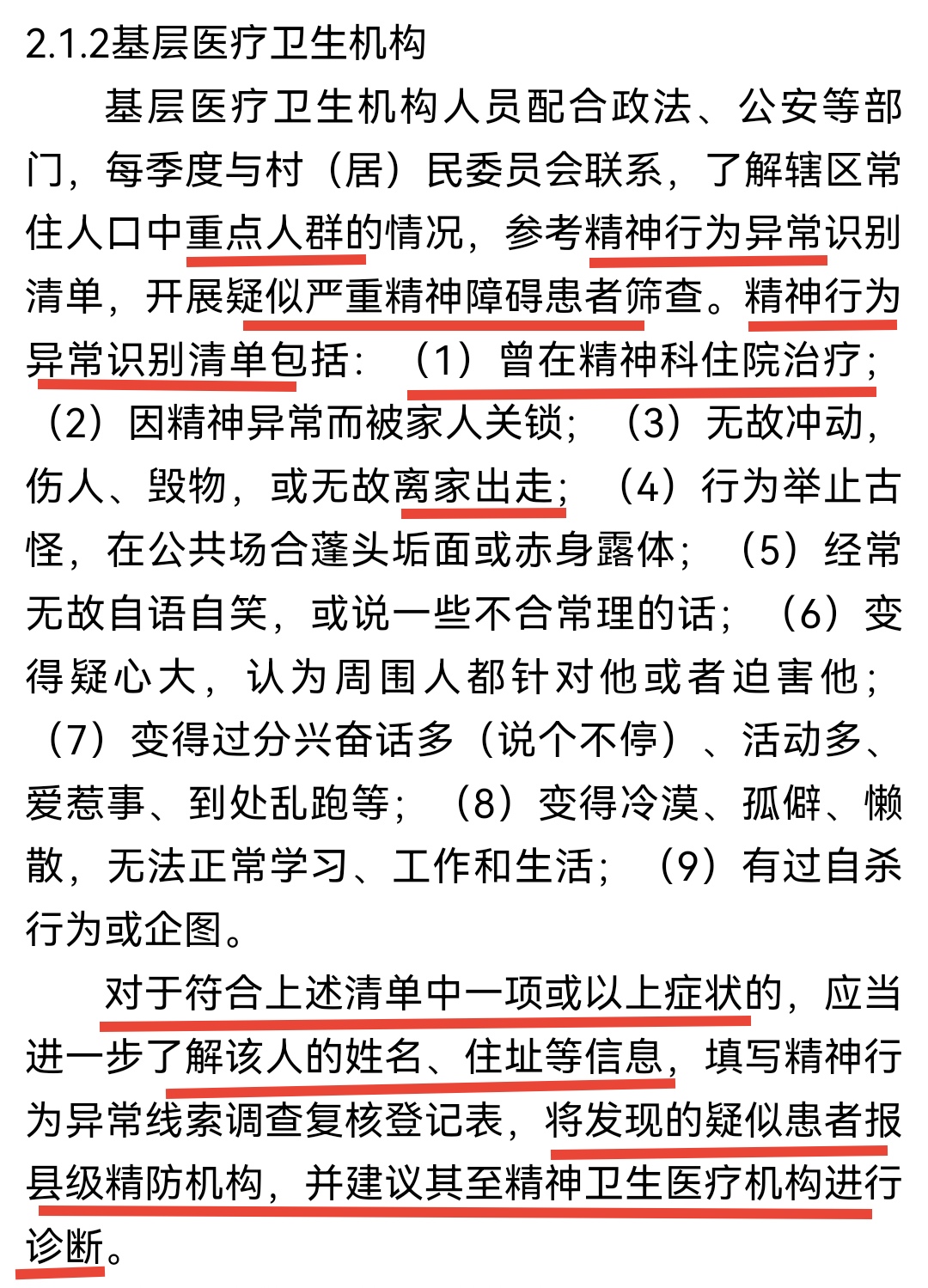
The relationship between homosexuality and mental health in China is complex and has evolved over time. Officially, homosexuality was decriminalized in China in 1997 and ceased to be classified as a mental illness in 2001. However, there have been instances where homosexuality was still regarded as a mental disorder, particularly in cases where individuals are in conflict with their sexual orientation.
Irish Times: For many gay men in China, family pressure is the biggest source of anxiety
It’s not easy sustaining a long-term relationship without upsetting ageing, increasingly dependent parents
Central People’s Government of the People’s Republic of China: 卫生健康委关于印发严重精神障碍管理治疗工作规范(2018年版)的通知
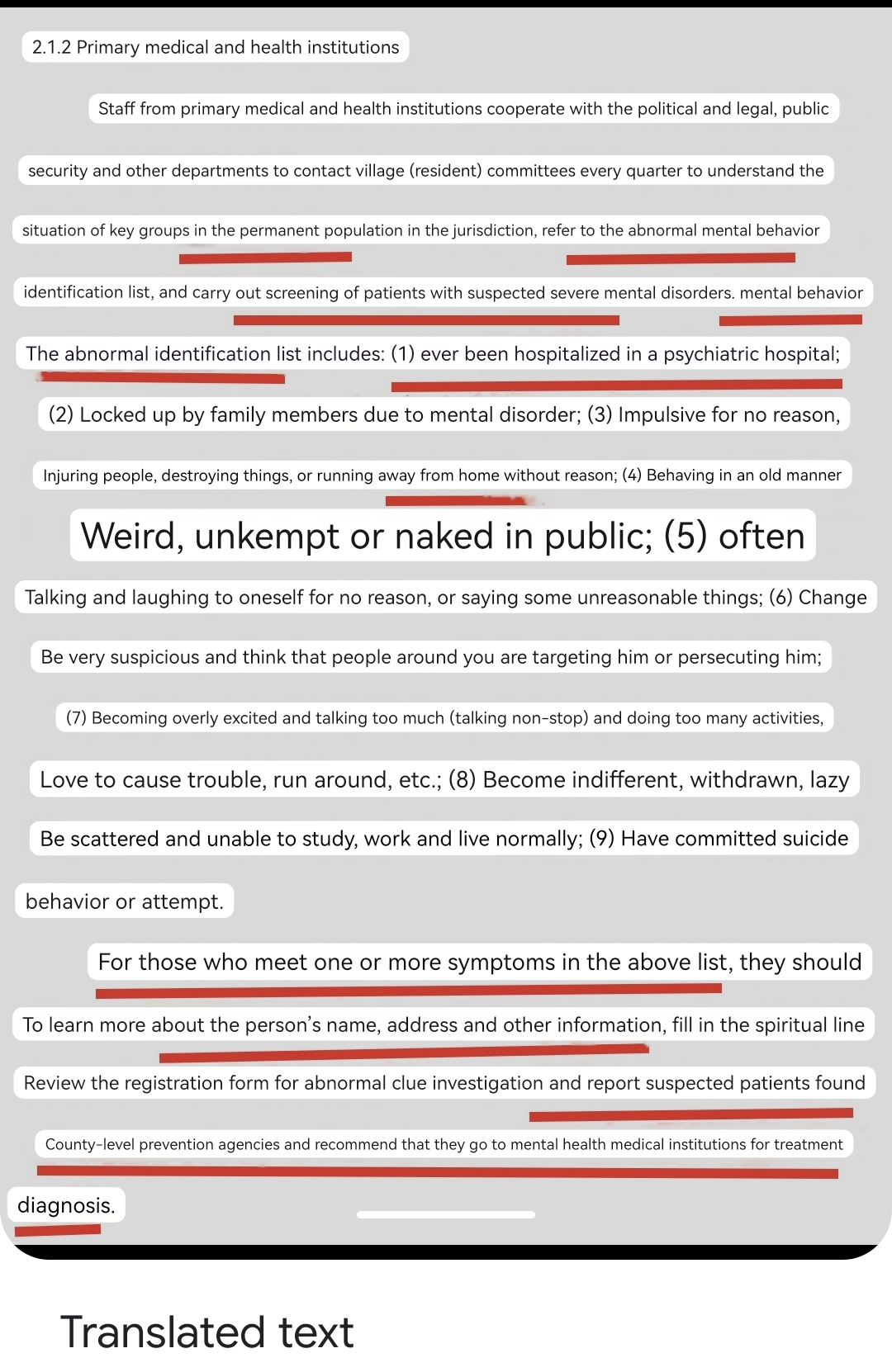
This perspective is influenced by deep-rooted traditional social norms that emphasize heterosexual marriage, fertility, and filial piety, which can lead to significant pressure on gay individuals. Such societal pressures can negatively affect the mental health of gay men, causing frustration, distress, and depression.
Is psychiatric diagnosis a family affair? Forced psychiatric intervention, including forced drugging has been condemned by United Nations
Unreported World: China’s Gay Shock Therapy
In this unsettling documentary, an undercover campaigner is told by a psychiatrist in China that cold showers, jogging and electric shock therapy can ‘correct’ homosexuality
Almost always yes, but occasionally no. It’s an inherent part of human nature to have biases and blind spots in the way we see everything. And the worst biases and biggest blind spots undoubtedly occur when we look in the mirror.
“Have You Considered Your Parents’ Happiness?” Conversion Therapy Against LGBT People in China
It’s important to note that shifts in familial, governmental, and societal norms are suggested to improve social acceptance towards sexual minority men and to reduce detrimental health effects.
Forced psychiatric intervention, including forced drugging, can constitute torture and other cruel, inhuman, or degrading treatment or punishment, and has been condemned by United Nations.
In some cases, where the individuals were not confined in hospitals in China, parents of these individuals administered the medications
Nonetheless, 11 interviewees told Human Rights Watch that they were required, or in some cases, forced, to take pills, and subjected to injections or other forms of medicine as part of their “therapy” or “treatment.” They said that they did not know what medications they were given as the doctors prescribed them without explaining their purpose or potential risks.
Chinese Medical personnel ensured that individuals took the medications even when they resisted, or expressed a preference not to do so. In some cases, where the individuals were not confined in hospitals, parents of these individuals administered the medications.
A lack of regulation and professionalization of mental health counseling practice in China is only part of the problem – conversion therapy is practiced in both public health facilities and government-certified private clinics.
![]()

![[In The Know] In China When Abhorrent “Electroconvulsive Therapy” Meets the “Troublemaker” Label: Is Epilepsy 1 Solution for Correcting LGBTQ+ Individuals? [In The Know] In China When Abhorrent “Electroconvulsive Therapy” Meets the “Troublemaker” Label: Is Epilepsy 1 Solution for Correcting LGBTQ+ Individuals?](https://truequeer.com/wp-content/uploads/2024/04/IMG_20230909_154731_075023-1536x2048.jpg)
Electrotherapy is a trait of dystopian societies meant to silence people and make them obedient. People around the world need to hear about it so it never gets implemented anywhere else in the world.
The use of electric shocks constitutes a form of torture. The term “Electroconvulsive Therapy” is unfamiliar in many countries, yet China often disguises various forms of torture as “protection” for vulnerable groups, including individuals with psychosis, the homeless, political dissidents, and members of the LGBTQ+ community. It is crucial for more people to be aware of this type of insidious propaganda.
Very barbaric way to control the population and categorize everyone into a perfect box. All those resources spent on electroshock “therapy” for something that’s not even an issue. Why not focus on real issues like hunger, the economy, or healthcare for the aging population? Thanks for sharing the resources and info about asylum-seeking.